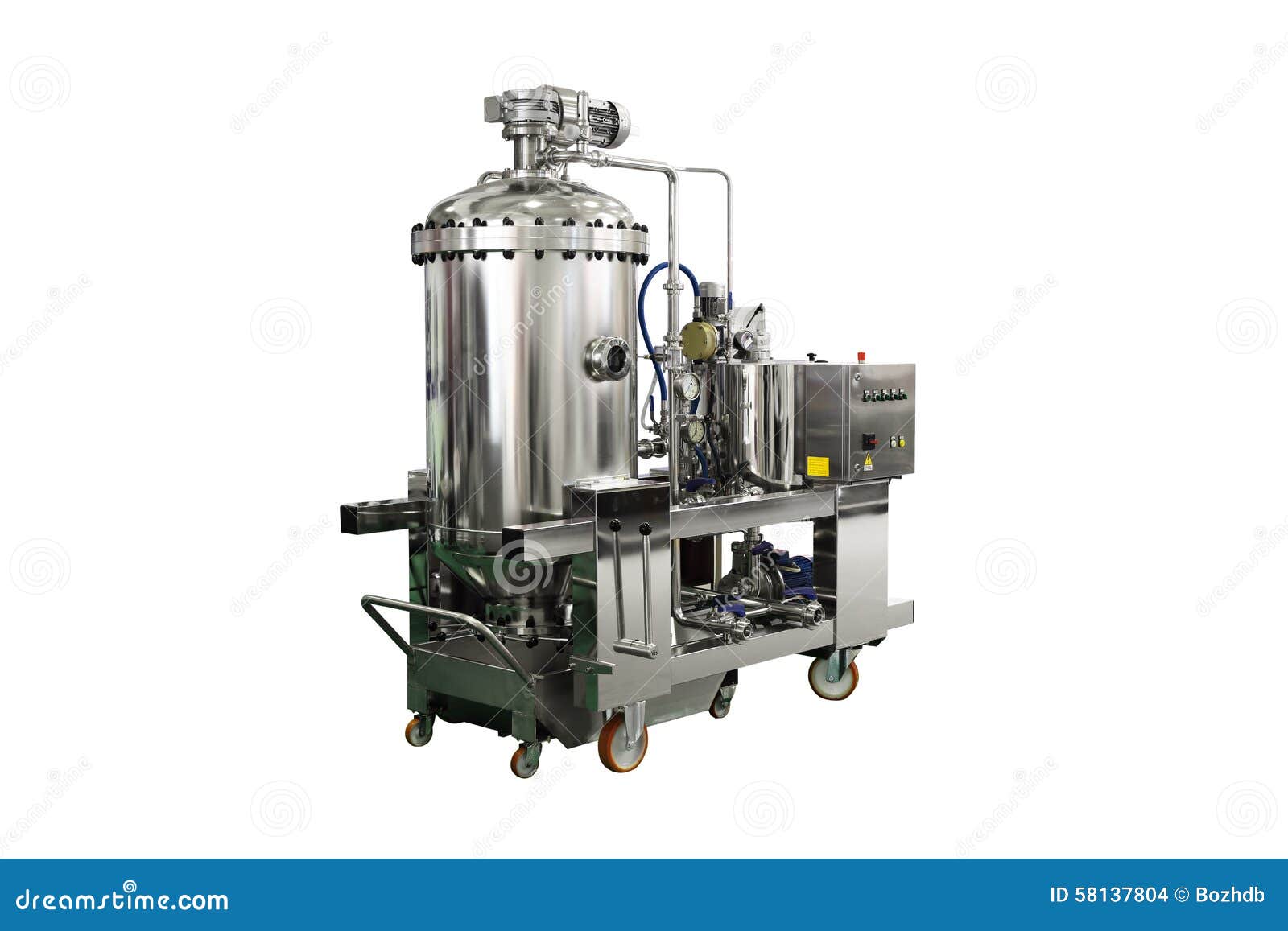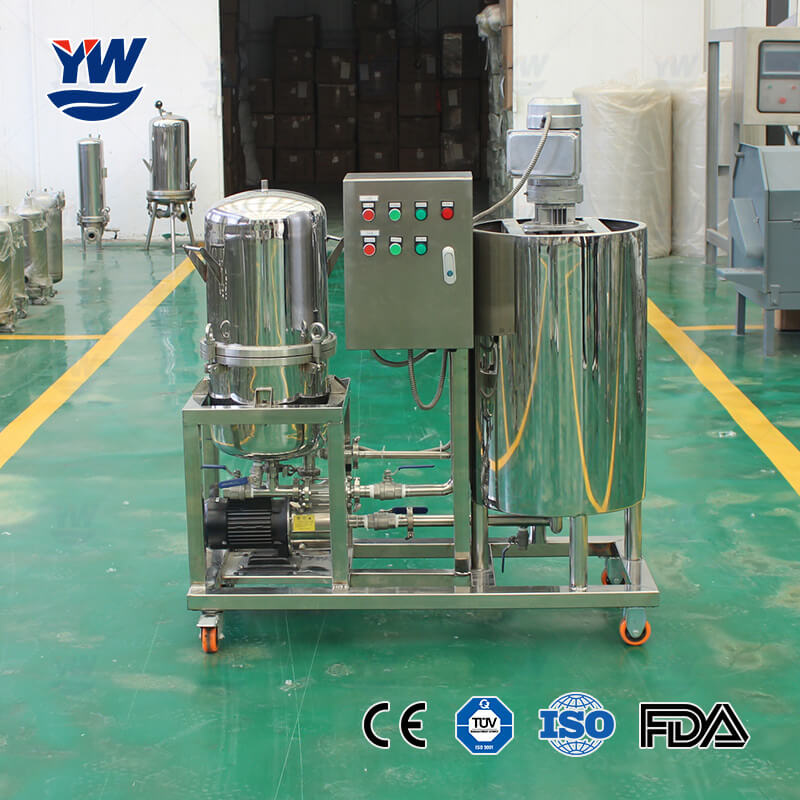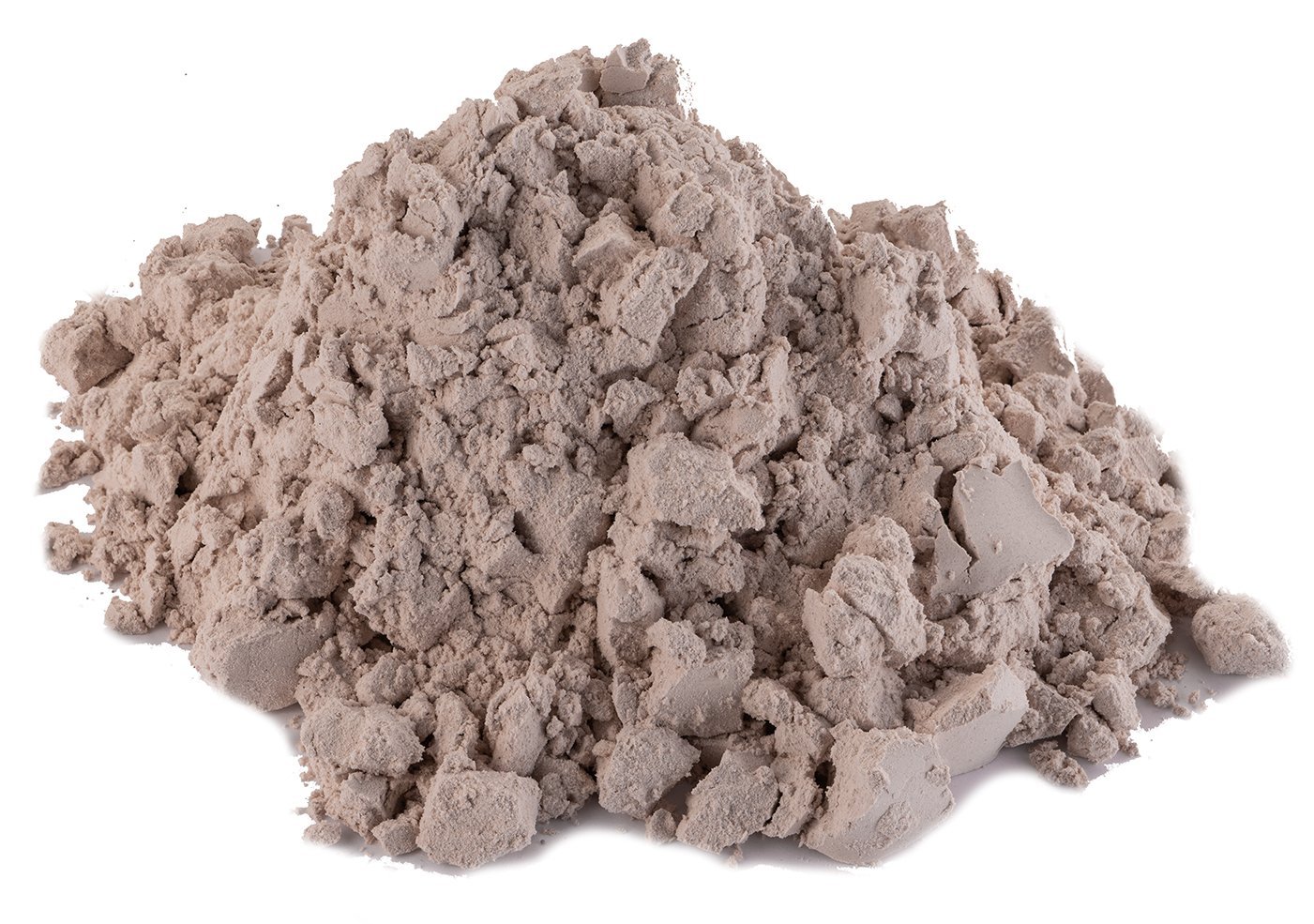The Benefits of Diatomaceous Earth Filtering for Clean and Pure Water
The Benefits of Diatomaceous Earth Filtering for Clean and Pure Water
Blog Article
Diatomaceous Earth Filtering: A Natural Service for Superior Water Filtration

Diatomaceous Planet (DE) filtering system has actually emerged as a compelling method for enhancing water filtration, making use of the unique residential or commercial properties of fossilized diatoms. As problems over water top quality heighten, recognizing the advantages and useful applications of DE filtering comes to be increasingly pertinent.

What Is Diatomaceous Earth?
Diatomaceous earth (DE) is a normally happening, soft, sedimentary rock that is composed mainly of the fossilized remains of tiny marine microorganisms referred to as diatoms. These single-celled algae possess a special, silica-based cell wall that adds to the distinctive buildings of DE. The rock is normally light and permeable, enabling it to absorb various materials properly.

Because of its high porosity and absorbent ability, DE offers various applications, including its use in farming, parasite control, and, significantly, water purification. The performance of diatomaceous earth in filtering is connected to its ability to trap and get rid of impurities from water, making it a progressively popular choice among those seeking natural filtering solutions. Its environmentally friendly nature and versatility additionally improve its charm throughout different markets.
Exactly How Diatomaceous Earth Filtering Functions
The unique framework of diatomaceous planet (DE) allows it to operate as an efficient filtering tool in water filtration systems (diatomaceous earth filtering). Composed of the fossilized remains of small, aquatic organisms known as diatoms, DE possesses a porous and extremely absorbent nature. This elaborate framework allows DE to trap contaminations and pollutants as water streams via it, properly eliminating fragments as little as 1 micron
When water is travelled through a DE filter, the fluid runs into a network of microscopic pores that capture suspended solids, bacteria, and various other undesirable materials. The filtering procedure happens due to both mechanical and electrostatic interactions, where bigger fragments are literally trapped within the DE's matrix, while smaller particles may follow the surface area because of charged communications.
Furthermore, DE can be used in conjunction with various other purification techniques to enhance overall effectiveness. As water remains to stream through the DE layer, it progressively becomes more clear and cleaner, showcasing the medium's capacity to improve water quality without the need for extreme chemicals. This all-natural filtering procedure highlights diatomaceous earth's function as a lasting and effective option for water filtration.
Advantages of Diatomaceous Planet Filtering
Efficiency in water purification is significantly improved through the usage of diatomaceous planet (DE) filtering, using numerous advantages that make it a preferred selection for many applications. One of the main benefits of DE filtering is its capability to eliminate a wide variety of contaminants, including tiny organisms, debris, and even certain chemicals. This capability guarantees that the water purified via this approach is not only clean but also risk-free for usage.
In addition, DE filters have a high flow rate, which click here for more info permits quicker filtration compared to traditional techniques. This particular is particularly beneficial for massive operations such as local water treatment plants or swimming pools. Making use of DE additionally lessens the demand for harsh chemical ingredients, advertising a more eco-friendly strategy to water filtration.
Additionally, DE filtering system systems are reasonably very easy to maintain, calling for less regular replacement than other filtration media. The all-natural origin of diatomaceous planet adds to its sustainability, making it an eco-conscious choice. In general, the combination of performance, effectiveness, and ecological advantages placements diatomaceous earth filtering system as a leading option in the world of water purification.
Contrast With Typical Water Filters
When evaluating water purification methods, diatomaceous planet filtering attracts attention in contrast to conventional water filters. Conventional water filters, such as activated carbon or ceramic filters, mostly concentrate on getting rid of pollutants with adsorption or physical barriers. While these methods are effective for particular contaminations, they may not catch smaller sized particles, microorganisms, or infections as effectively as diatomaceous earth (DE) filters.
Diatomaceous planet filtering system utilizes the one-of-a-kind structure of diatomite, composed of microscopic, porous fossilized algae. This enables DE filters to trap fragments as little as 1 micron, supplying remarkable filtering capabilities. Furthermore, DE filters can manage larger volumes of water without considerable pressure loss, making them ideal for both commercial and domestic applications.
In addition, diatomaceous earth is a natural and lasting product, posturing less environmental issues contrasted to some synthetic filter media. On the other hand, conventional filters commonly need regular replacement and disposal, resulting in raised waste.
Applications and Make Use Of Situations
Diatomaceous earth (DE) filtering system has a varied series of applications across various industries because of its effective filtration abilities. Among one of the most famous uses DE is in the food and drink industry, where it functions as a purification tool for wine, juice, and beer production. Its porous framework successfully eliminates contaminations, making sure a tasty and clear last product.
In the realm of swimming pool upkeep, DE filters are favored for their ability to catch fine Go Here bits, supplying exceptional water clarity compared to traditional sand filters. In addition, DE is used in municipal water treatment facilities, where it aids in the removal of suspended solids, bacteria, and various other impurities, adding to read this safe drinking water.

Beyond water purification, diatomaceous earth finds applications in the agricultural sector as an all-natural chemical and dirt change, advertising healthier crops while lowering chemical usage. Additionally, its absorbent homes make it useful in different industrial processes, including oil spill clean-ups and as a filler in construction products. On the whole, the adaptability of diatomaceous earth filtering system settings it as an important remedy for improving water high quality across several domain names.
Conclusion
Diatomaceous planet filtering system represents a efficient and sustainable technique for water purification. As recognition of water high quality concerns grows, the adoption of diatomaceous planet filters in various applications is likely to boost, contributing to enhanced public health and eco-friendly preservation.
Diatomaceous Earth (DE) filtering has actually emerged as an engaging technique for improving water purification, using the one-of-a-kind buildings of fossilized diatoms. As water continues to flow through the DE layer, it gradually comes to be more clear and cleaner, showcasing the tool's capability to boost water high quality without the requirement for harsh chemicals.Efficiency in water purification is significantly improved via the use of diatomaceous earth (DE) filtering system, providing many advantages that make it a preferred choice for many applications.When reviewing water purification approaches, diatomaceous planet filtering stands out in comparison to standard water filters. Standard water filters, such as activated carbon or ceramic filters, primarily concentrate on eliminating contaminants via adsorption or physical obstacles.
Report this page